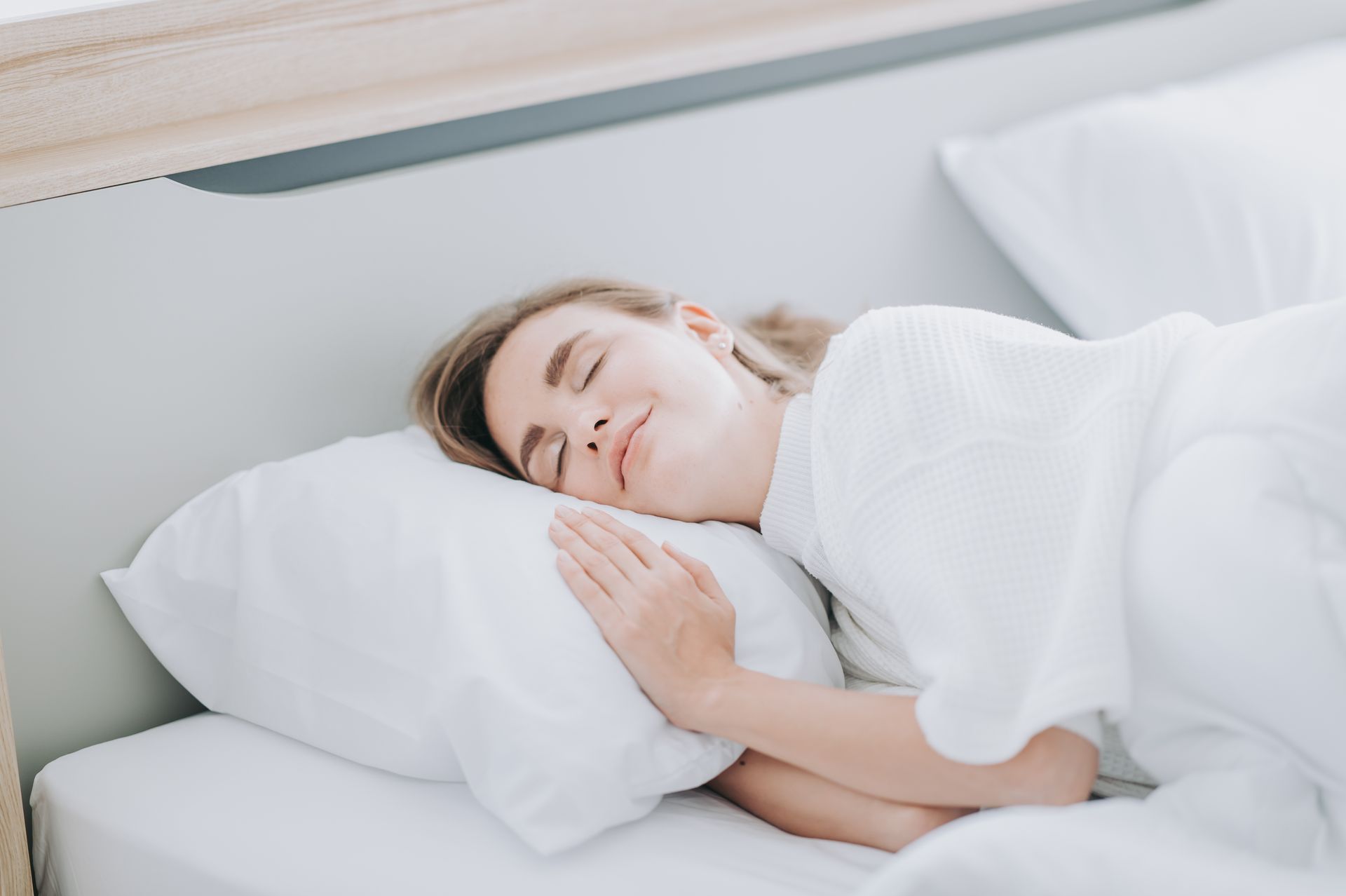How CPAP Alternatives Can Enhance Sleep Quality

Sleep apnea is more than just a nighttime annoyance; it's a condition that can affect your entire day. Imagine trying to tackle daily tasks after a night of disrupted sleep. You might feel groggy, keep losing focus, or find yourself snapping at little things. For many, sleep apnea is the root of these problems. What's more, traditional treatments, like CPAP machines, aren't always the right fit for everyone.
Many people seek out alternatives to CPAP therapy. This shift often comes after facing the common struggles associated with CPAP machines. Some find those devices uncomfortable, while others can't adapt to sleeping with a machine every night. This is where exploring CPAP alternatives becomes important. By looking into other options, individuals can find treatments that better match their lifestyles and improve overall sleep quality.
Understanding CPAP and Its Alternatives
CPAP therapy is a standard treatment for sleep apnea. It involves wearing a mask connected to a machine that provides continuous air pressure, keeping your airway open while you sleep. While effective for some, CPAP can feel like a burden with its mask and machine setup. This often leaves people searching for options that fit more seamlessly into their lives.
What can you do if CPAP isn't right for you? There's a good array of CPAP alternatives worth considering. Finding the right approach often means working with a team of doctors who can tailor treatments to your personal needs. These might include oral appliances, lifestyle changes, or even surgery. The key is in the customization—what suits one person might not work for another. Personalized plans help ensure that you find a solution that fits you like a glove.
Oral Appliance Therapy
Oral appliance therapy offers one popular alternative for sleep apnea sufferers. Think of it like a sports mouthguard—it’s easy to use and much less intrusive than a CPAP machine. This device is designed to reposition your jaw or tongue to keep your airway open during sleep.
Choosing an oral appliance over a CPAP machine comes with perks. Comfort and convenience top the list for many. These appliances are portable, making them a simple choice for travelers. Plus, they don't require electricity, so there's no setup each night. These advantages often mean a smoother adjustment for those hesitant about using CPAP machines.
Together with guidance from a team of doctors, exploring CPAP alternatives can set you on the path to a better night's sleep and a well-rested day ahead.
Lifestyle Changes to Improve Sleep Apnea
Sometimes, adjusting a few habits can make a noticeable difference in managing sleep apnea. Let's look at some changes you can try:
1. Weight Management: Shedding some pounds can lessen the burden on your airway, making it easier to breathe at night. This doesn't mean a complete diet overhaul. Start small: swap a soda for water or add an extra serving of veggies to your meals.
2. Positional Therapy: Sleeping on your back might worsen sleep apnea symptoms. Try side sleeping instead. A simple trick is to sew a tennis ball into the back of your pajama top. It'll remind you to stay off your back during sleep.
3. Regular Exercise: Engaging in regular physical activity, even a brisk daily walk, can improve your breathing and help you rest better at night.
By incorporating these healthy habits, you can help reduce your symptoms naturally, enhancing your sleep routine gradually without drastic changes.
Exploring Other Treatment Options
When lifestyle adjustments and oral appliances aren't enough, you might need to look into other treatments. Here's a glimpse at what's out there:
- Surgical Options: For some, surgery might help by removing excess tissue blocking the airway or adjusting the structure of the jaw. It's a bigger step but sometimes necessary.
- Medication: While not a primary treatment, certain medications can relieve symptoms and support other therapies. They're usually short-term solutions while exploring other long-term options.
It's important to chat with a doctor to see which route might be best for you. Each solution has its benefits and potential challenges, and professional guidance ensures you make an informed choice.
Taking Your First Steps Toward Better Sleep
So, what's next on your journey to better sleep? It's crucial to reach out for a personalized approach. Collaborating with healthcare professionals offers a clearer path through personal recommendations and tried-and-tested solutions.
Improving your sleep doesn't happen overnight, but considering alternatives to CPAP is a step in the right direction. These options provide opportunities to explore treatments that align more closely with your lifestyle. As you research and try different methods, you open doors to restful nights and energetic days. So take a breath, reach out for help where needed, and keep looking forward to better sleep ahead.
Sleep apnea can be challenging, but finding solutions that suit your specific needs is key to improving your sleep. To discover the best CPAP alternative, visit Pittsburgh Dental Sleep Medicine and explore the range of therapies available. Our dedicated team of doctors in locations like Monroeville can help tailor a plan just for you.

